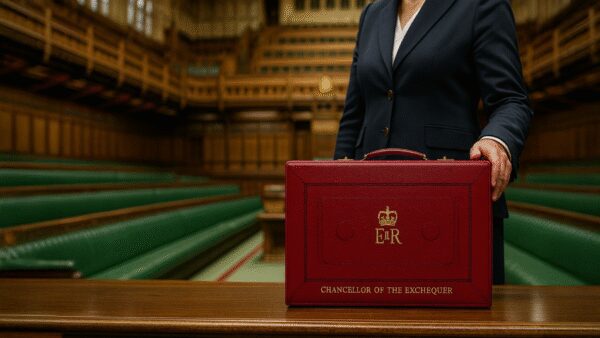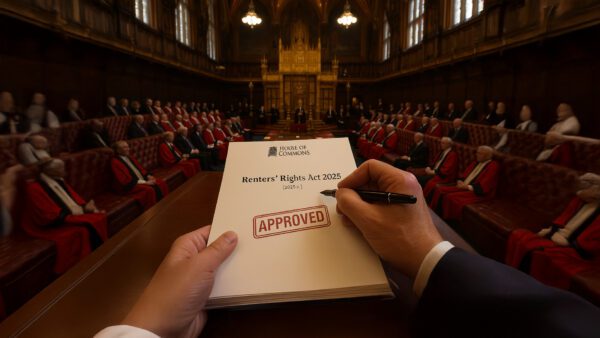With the 2024 General Election approaching, the UK real estate sector will be evaluating the promises of the major political parties and their potential impact on property law. We examine the manifestos of the main parties, focusing particularly on the Conservatives and Labour.
Conservative Party Manifesto
Leasehold and Freehold Reform:
The Conservatives have passed the Freehold and Leasehold Reform Bill, introducing major changes to long residential leases and banning new leasehold houses, except for retirement housing. They propose capping ground rents at £250 per annum, reducing to a peppercorn over time.
No Fault Evictions:
The Conservatives plan to reintroduce the Renters Reform Bill, abolishing section 21 ‘no fault’ evictions and enabling landlords to evict tenants guilty of anti-social behaviour.
Building Safety:
The Conservatives support ongoing developer-funded remediation programs for mid-and high-rise buildings. They also advocate for simplifying planning processes to encourage housing development, especially for older people, and using the new infrastructure levy to support local services.
Energy Efficiency and Housing:
The Conservatives aim to abolish EU ‘nutrient neutrality’ rules to unlock 100,000 new homes. They would make permanent the higher stamp duty threshold for first-time buyers at £425,000, renew the affordable homes program, and propose a new Help to Buy scheme.
Planning:
The Conservatives focus on enhancing the role of statutory consultees in the planning system and amending laws to prevent judicial reviews from delaying infrastructure projects. They also commit to protecting the green belt from uncontrolled development.
Climate Change:
The Conservative party pledges to fund an energy efficiency voucher scheme for households and implement a new import carbon pricing mechanism by 2027. They guarantee a parliamentary vote on the net zero pathway, aiming to achieve net zero by 2050.
Key Pledges:
- Pass a Renters Reform Bill to abolish Section 21 ‘no fault’ evictions.
- Strengthen grounds for landlords to evict tenants guilty of anti-social behaviour.
- Provide councils with powers to manage holiday lets.
- Introduce a two-year temporary Capital Gains Tax relief for landlords who sell to tenants.
- Maintain Private Residence Relief to protect homes from Capital Gains Tax.
- No increases to residential stamp duty rates, making permanent the higher first-time buyer threshold.
Labour Party Manifesto
Leasehold and Freehold Reform:
Labour commits to significant leasehold reforms, including banning new leasehold flats and ensuring commonhold becomes the default tenure. They plan to enact the Law Commission proposals on leasehold enfranchisement, right to manage, and commonhold.
No Fault Evictions:
Labour pledges to abolish section 21 ‘no fault’ evictions, ensuring landlords provide specific reasons for ending tenancies.
Building Safety:
Labour proposes stronger measures to protect leaseholders from remediation costs and aims to accelerate cladding remediation.
Energy Efficiency and Housing:
Labour plans to invest £6.6 billion in home energy efficiency, aiming for private rented sector homes to meet minimum standards by 2030. They also intend to enhance the affordable homes program and strengthen planning obligations to ensure new developments include affordable housing.
Planning:
Labour promises to update the national policy planning framework and restore mandatory household targets. They propose additional funding for planning officers and reforms to compulsory purchase compensation rules.
Climate Change:
Labour emphasizes climate change, promising additional investments to improve home energy efficiency and collaborate with the private sector to finance home upgrades and low carbon heating.
Key Pledges:
- Immediately abolish Section 21 ‘no fault’ evictions.
- Empower renters to challenge unreasonable rent increases.
- Extend ‘Awaab’s Law’ to the private sector, requiring landlords to fix health hazards promptly.
- Increase stamp duty for non-UK residents.
- Build 1.5 million homes and create new towns across England.
Conclusion
The party manifestos demonstrate how different political administrations might impact the real estate market. A change in government will likely bring significant change to property law, particularly if that government has a large majority. However; as we have learnt with the recent Building Safety Act and Renters Reform Bill, the devil will be in the detail. When legislation is rushed through and poorly drafted it can create the negative unintended consequence of market uncertainty.
To discuss any of the points raised in this article, please contact Mark Cornelius or fill in the form below.









